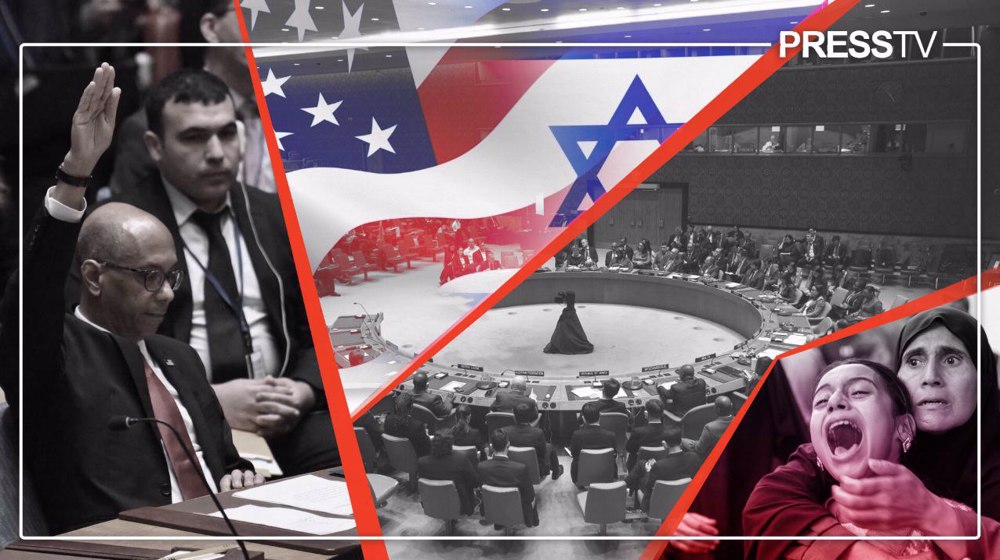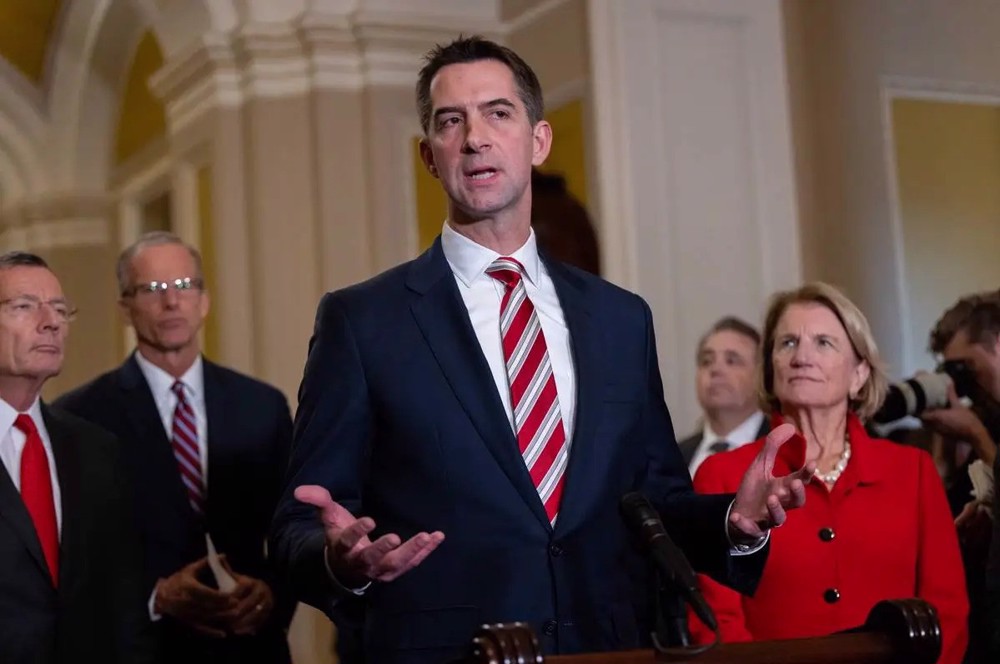Obama visits Saudi Arabia amid tensions
US President Barack Obama has left Washington, DC for the Saudi capital, Riyadh, where he will meet with the Saudi king at a time of immense tensions between their two countries.
Obama will arrive in Riyadh on Wednesday to meet with King Salman bin Abdulaziz Al Saud and sit with leaders from [Persian] Gulf Cooperation Council (GCC) countries.
Defense Secretary Ashton Carter is on the trip with Obama.
The visit comes at a time when the 71-year-old alliance between the US and Saudi Arabia is under strain, with some of the frustration spilling over into public comments on both sides.
Saudi Arabia is unhappy about what it sees as the Obama administration’s overtures to Iran that signed a historic nuclear agreement with the P5+1 group of countries last year.
In a lengthy interview with the Atlantic Magazine published in March, Obama described Saudi Arabia as a “free rider” on American foreign policy and said the Saudis must learn to “share the neighborhood” with Iran.
In recent days, another pressing issue has added salt to the wound of the Saudis, already rattled by the Iran nuclear deal and Obama’s backtracking on a previous pledge to attack Syria.
Obama has come under intense pressure by a bipartisan group of lawmakers to release 28 pages of a 2002 congressional report that could implicate Saudi officials in the September 11, 2001 terrorist attacks in the US.
Congress is also considering legislation that would allow families of 9/11 victims to sue the Saudi government for any role it may have had in the attacks.
Saudi Arabia threatened that it will sell off $750 billion in American assets if the bill is passed.
Despite the tensions, analysts say Obama’s sojourn in Riyadh is unlikely to bring any significant changes to the long-term strategic alliance with Saudi Arabia.
“The Saudi government for 70 years has survived on a deep security relationship with the United States. I don't think they want to trash that relationship,” Jon Alterman, director of the Middle East program at the Center for Strategic and International Studies, told CNN.

Carter, the US defense chief, met with his Saudi counterpart Deputy Crown Prince Mohammed bin Salman in Riyadh on Tuesday, affirming the longtime security partnership between their countries.
The two officials discussed a range of issues related to mutual security interests, including ways to counter extremist groups like Daesh (ISIL), Pentagon spokesman Peter Cook said.
“Carter identified several areas where the United States and Saudi Arabia can deepen their security cooperation for the benefit of both countries, such as enhancing training for special operations and counterterrorism forces, integrating air and missile defense systems, bolstering cyber defenses, and strengthening maritime security,” Cook said.
The Fifth Fleet of the US Navy protects shipments in the Persian Gulf, including the oil tankers carrying Saudi crude.
Saudi Arabia is the largest buyer of US military hardware, and those arms sales have expanded under Obama, with more than $100 billion approved in 2015 alone.
The US continues to support the Saudi-led war in Yemen, which has left nearly 9,400 people dead, including 4,000 women and children.
VIDEO | Sydney protests demand action as Israel faces ICC warrant for war crimes
Iran to host ‘important’ ECO foreign ministers' meeting in Mashhad
Wounded in Israeli strike, health of Kamal Adwan Hospital's director worsens
VIDEO | Press TV's News Headlines
Iran reports 11% drop in domestic red meat supply
Arab League affirms support for Iraq amid Israel's threats of military action
VIDEO | Fierce fight in Southern Lebanon
Over 1000 medics killed in Gaza as Israel systematically targets hospitals













 This makes it easy to access the Press TV website
This makes it easy to access the Press TV website